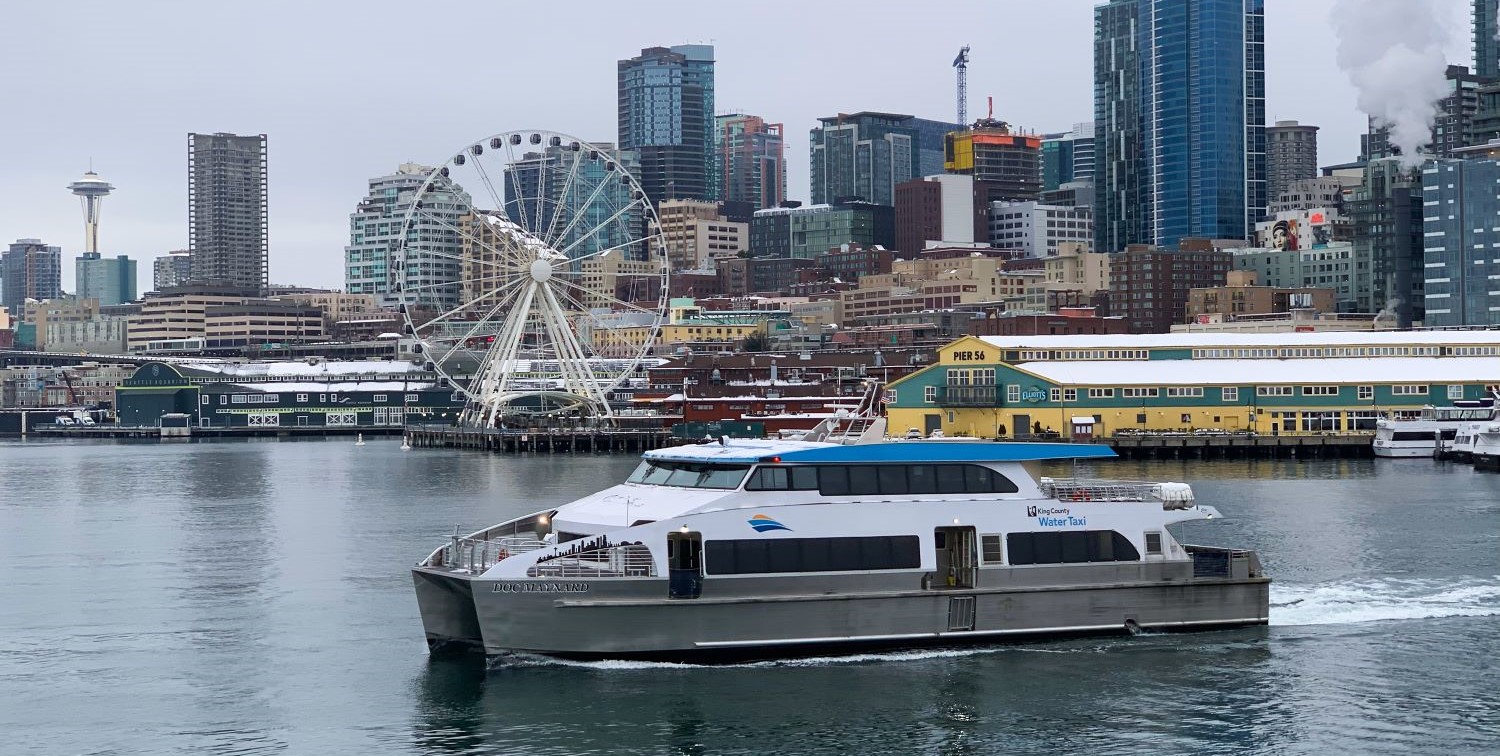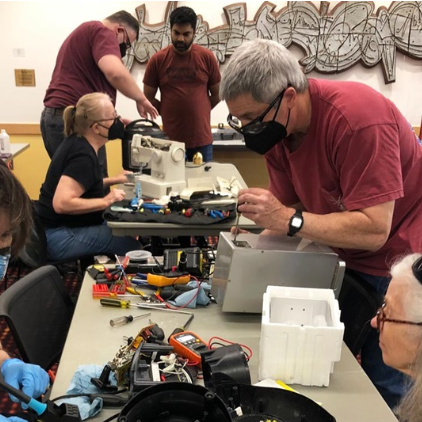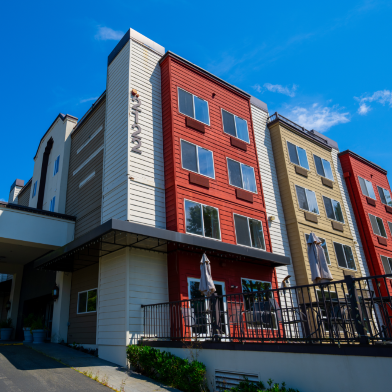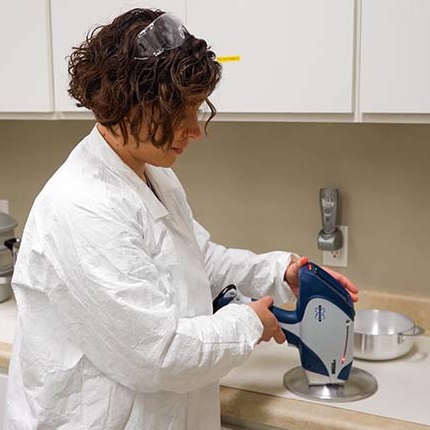Home
Shape the next Parks Levy
The King County Parks Levy is a voter-approved property tax that keeps regional and city parks, trails, and open spaces available for everyone. We want to hear from you what should be in the upcoming Parks Levy to improve the parks and outdoor spaces in your community. Our community survey is open through April 29.
Top Tasks
News and announcements
Meet the King County Executive

Dow Constantine
Serving his fourth-term as King County Executive, Dow Constantine leads one of the largest regional governments in the United States.
King County Council
As the legislative branch, the Metropolitan King County Council sets policies, enacts laws, and adopts budgets that guide an array of services.

Rod Dembowski
King County Councilmember District 1

Girmay Zahilay
King County Councilmember District 2
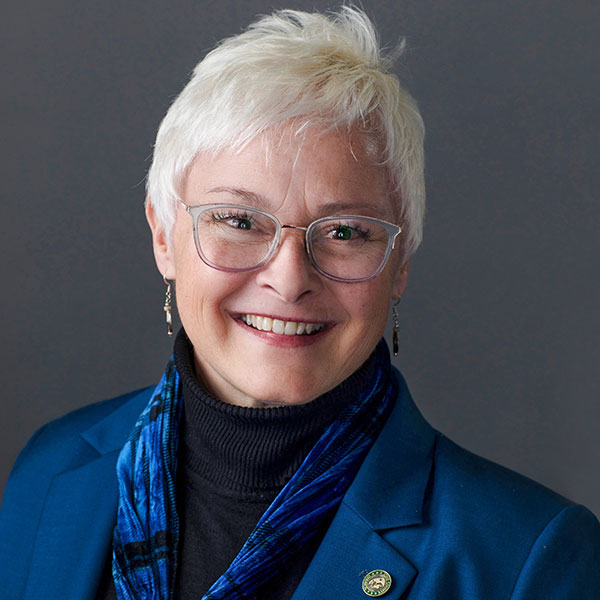
Sarah Perry
King County Councilmember District 3
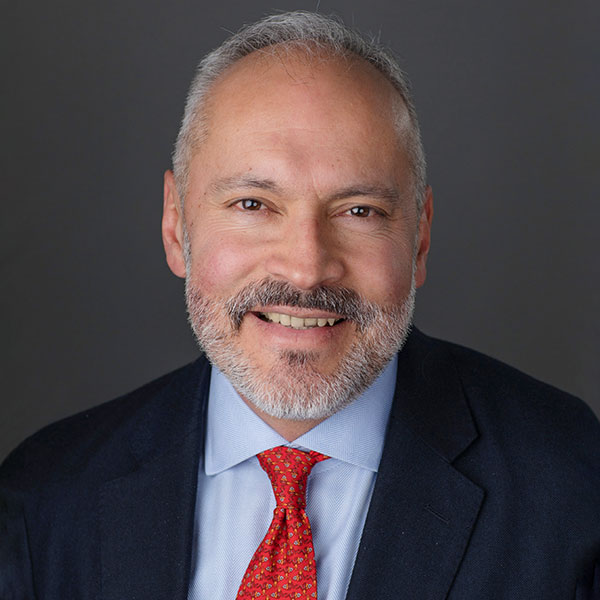
Jorge L. Barón
King County Councilmember District 4

Dave Upthegrove
King County Councilmember District 5
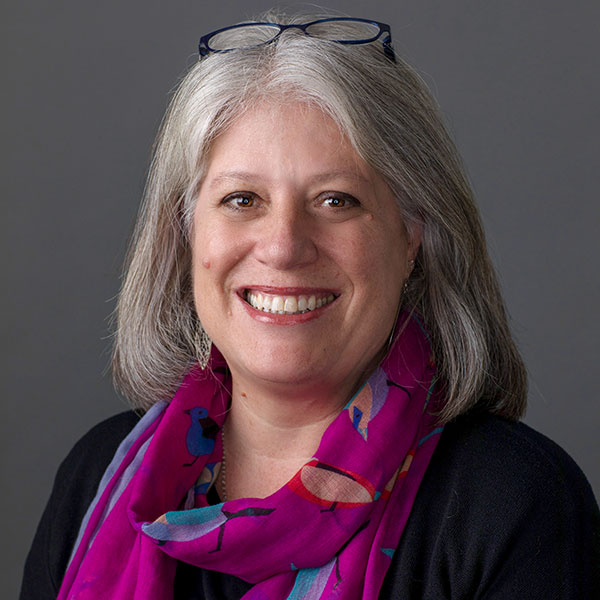
Claudia Balducci
King County Councilmember District 6

Pete von Reichbauer
King County Councilmember District 7
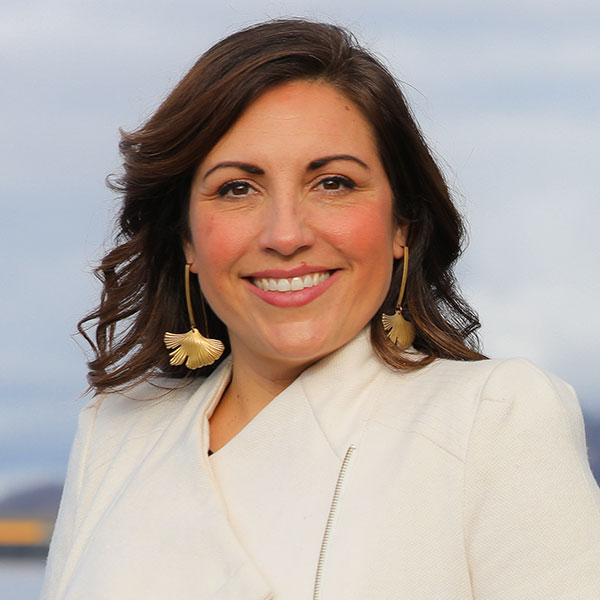
Teresa Mosqueda
King County Councilmember District 8
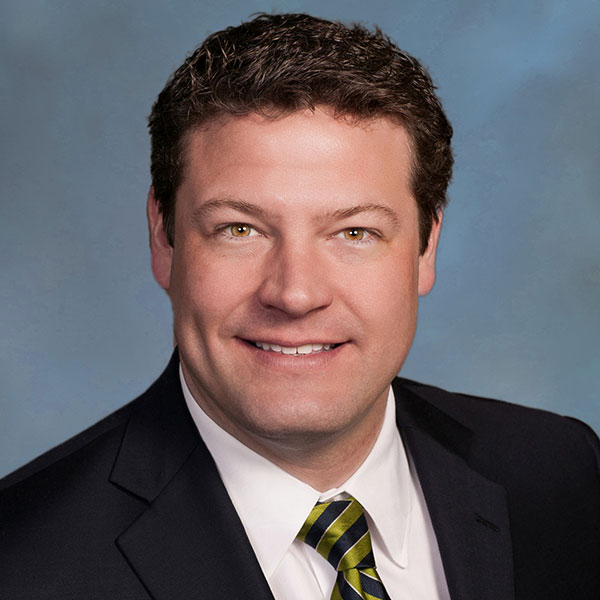
Reagan Dunn
King County Councilmember District 9

 Translate
Translate
